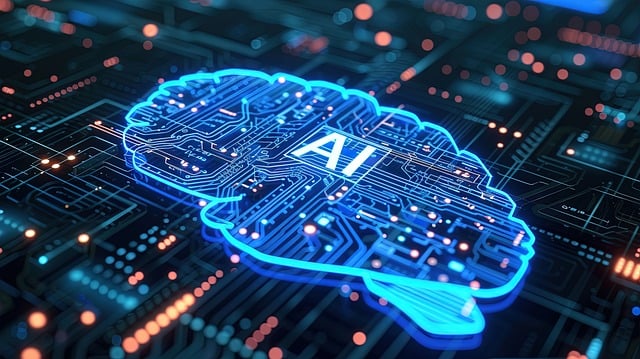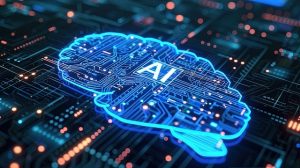
The Emerging Trend of AI in Bookkeeping
The incorporation of AI in bookkeeping, machine learning for accounting, and tech-driven bookkeeping is transforming how businesses handle their accounts in the quickly changing business environment of today. These technologies are revolutionizing traditional accounting procedures into more precise, effective, and perceptive procedures by fusing automation, predictive analytics, and improved compliance. This article examines how these innovative tools help companies of all kinds by streamlining processes, improving accuracy, offering useful insights, and changing conventional bookkeeping procedures.
The Role of AI in Bookkeeping
AI in bookkeeping simplifies repetitive tasks including data entry, expense classification, and invoice administration. By automating these processes, companies can save time and drastically cut down on errors. Real-time financial data analysis using AI-powered solutions provides actionable insights and frees up human resources for strategic decision-making. Finding irregularities in financial data is one of AI’s most noteworthy applications in bookkeeping. The largest companies in the field, such as EY and PwC, are using AI in bookkeeping technology. It is for the financial review and auditing processes to find suspicious transactions or inconsistent trends. In the end, the technology may be utilized to conduct a far more thorough degree of auditing analysis, providing readers of financial statements and investors with a more accurate and comprehensive view of a company’s financial situation at a lower cost.
How Machine Learning Enhances Accounting
Machine learning for accounting allows systems to learn and get better over time, going beyond simple automation. Machine learning algorithms are capable of finding patterns, forecasting trends, and providing specialized solutions that are suited to a company’s requirements by examining previous financial data. Furthermore, machine learning for accounting guarantees adherence to constantly evolving regulations. Machine learning algorithms can update and modify procedures to match the most recent standards by continuously checking regulatory requirements, lowering the risk of fines and non-compliance. From process automation to enhanced predictive analytics, machine learning for accounting provides accountants with strong tools. You may use these technologies to improve your work, increase productivity, and promote better decision-making within your company by being aware of their fundamentals and useful applications. In the digital era, embrace the potential of machine learning for accounting to advance your position as an accountant.
Benefits of Tech-Driven Bookkeeping
Businesses now benefit from a number of advantages brought about by the shift to tech-driven bookkeeping:
- Increased Efficiency: By eliminating manual labor, automated procedures free up accountants to concentrate on work that is more important.
- Cost Savings: Companies can save operating costs by reducing the requirement for manual intervention.
- Data Accuracy: Sophisticated algorithms guarantee error-free processing of financial data.
- Scalability: AI-driven systems can easily manage growing data volumes as business expand.
- Real-Time Insights: Better decision-making made possible by instant access to current financial data.
Challenges and the Future of AI in Bookkeeping
Even with all of its advantages, using AI in bookkeeping has drawbacks.
- Protecting the security and privacy of data
- Use of AI in an ethical way
- Resolving the lack of skills
- smooth integration of the system
- Overcoming reluctance to adoption
The future of bookkeeping depends on the seamless fusion of artificial intelligence (AI), machine learning for accounting, and human knowledge. Through the integration of technology’s analytical capabilities with the strategic acumen of knowledgeable experts, companies can attain unparalleled efficiency and vision.
Conclusion
Financial management is changing because of the introduction of tech-driven bookkeeping driven by AI in bookkeeping and machine learning for accounting. Businesses who use these technologies now are setting themselves up for long-term success in a world that is becoming more data-driven and competitive. Businesses can improve their bookkeeping procedures and obtain a competitive advantage in their financial operations by utilizing AI in bookkeeping and machine learning for accounting. Have a look on our services and book free consultation at Spyglass Accounting and Financial Services.

